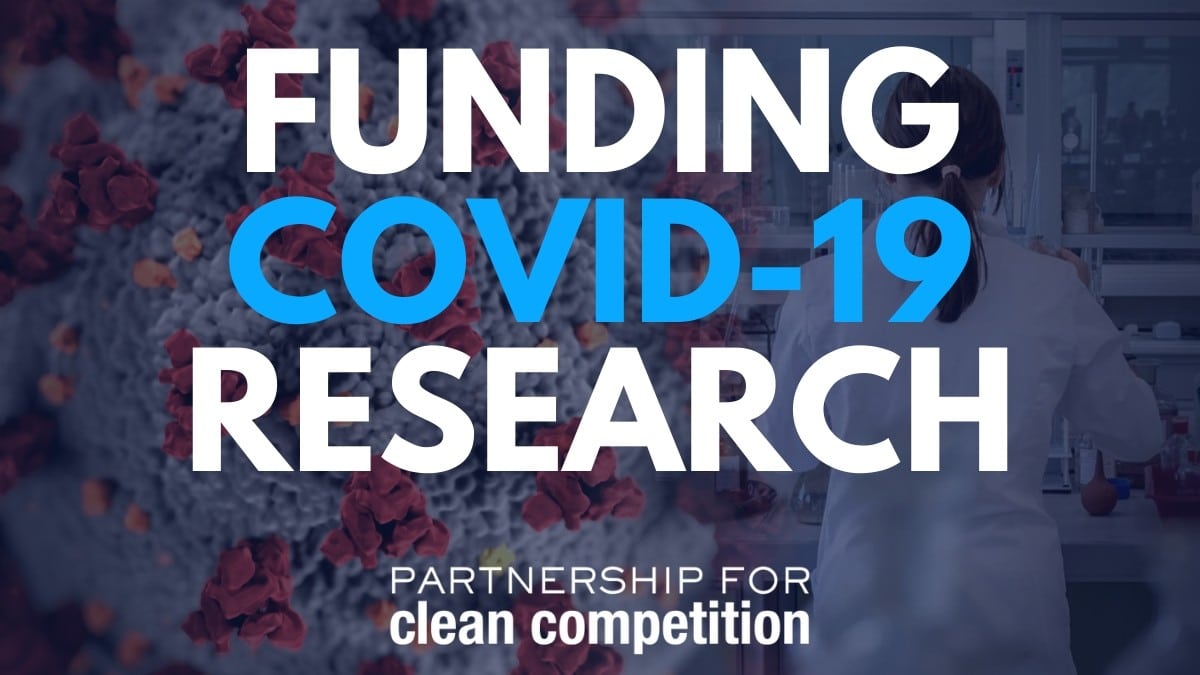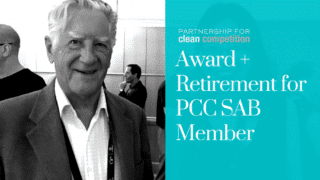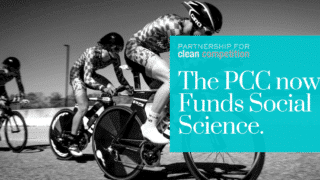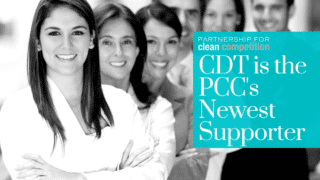COLORADO SPRINGS, CO – Two major anti-doping groups joined together with Major League Baseball and Stanford University to produce the first nationwide study for COVID-19 antibodies. Now, the study has returned results suggesting there are roughly seven times more antibody carriers than confirmed cases in the US. The findings could help scientists better understand the prevalence of the virus and make recommendations for future safety measures.
The study tested for COVID-19 antibodies in more than 5,000 employees of Major League Baseball and is a prime example of the way scientific and athletic organizations have pivoted to address the current crisis. Two major anti-doping entities—the Sports Medicine Research and Testing Laboratory (SMRTL) in Salt Lake City and the Partnership for Clean Competition in Colorado Springs—worked together with researchers at Stanford University and employees throughout MLB to produce the results.
The PCC funds more than 70% of the world’s anti-doping research; SMRTL processes anti-doping tests and is accredited by the World Anti-Doping Agency (WADA). However, in the wake of the COVID-19 crisis, the PCC stepped in to provide more than $120,000 to purchase antibody tests for this study. SMRTL utilized their expertise to conduct the analysis of results with scientists at Stanford.
The groups used their connections in the sports world to find one of the largest cohorts so far for an antibody study, partnering with MLB to collect samples from all across the country.
The study asked MLB employees from the front office to the box office to participate in a rapid but reliable antibody test. Researchers found that MLB employees were less likely to have antibodies for the novel coronavirus than others in their communities, which they attribute to strict MLB policies on social distancing, hand washing, and compliance with stay-at-home orders.
This research provides one of the most comprehensive looks at antibody carriers to date. It includes more than 5,600 complete test records. Of the .7% of tests that returned positive for antibodies, 70% of those were from asymptomatic carriers.
PCC Executive Director Michael Pearlmutter said, “We felt called to act, and this is what we do. We help advance important science. We have great partners in the research community; we have great partners in the athletic world. It was just a matter of bringing everyone together to help fight the spread of COVID-19.”
Pearlmutter continued, “To understand the importance of the study, you just have to look at how many people worked to make this happen so quickly. We especially want to give credit to the employees of Major League Baseball. A study like this would typically take months, but MLB employees responded in a way that allowed the data to be collected over just a few days. When you combine that with the efforts of Dr. Daniel Eichner, Dr. Jay Bhattacharya, and their teams at SMRTL and Stanford, the result is high quality, impactful research.”
Daniel Eichner, the Executive Director of SMRTL, explained of the findings, “These are the types of studies that really lay the groundwork for understanding the prevalence of the virus. We all want to get back to normal. Getting a grasp on carriers can help us do that.”
The antibody study with MLB concludes a series of research projects funded by the PCC and conducted by SMRTL and its academic partners. These studies included prevalence testing of the general public at multiple sites in California along with the MLB tests.
The findings of the antibody study will be pre-published online in mid-May.
About the Partnership for Clean Competition
The Partnership for Clean Competition is an innovative research collaborative founded in 2008 as a 501(c)(3) non-profit public charity by the United States Olympic Committee, United States Anti-Doping Agency, Major League Baseball and the National Football League. Every day, the PCC acts to protect the integrity of sport and public health by engaging and supporting the world’s top scientists and innovators in high-quality anti-doping research and development. The PCC also facilitates adoption of these methods into the World Anti-Doping Agency-accredited laboratories. The PCC aspires to help generate the world’s most influential, effective and coveted methods and resources for detecting and deterring the use of performance enhancing substances by all athletes in all sports at all levels. Through this work, the PCC demonstrates the value of science, collaboration and innovation related to doping control in sport and ensures the benefits of sport participation. For more information, visit CleanCompetition.org.
Media Contact
To learn more, email Communications Director David Kumbroch at dkumbroch@cleancompetition.org.




